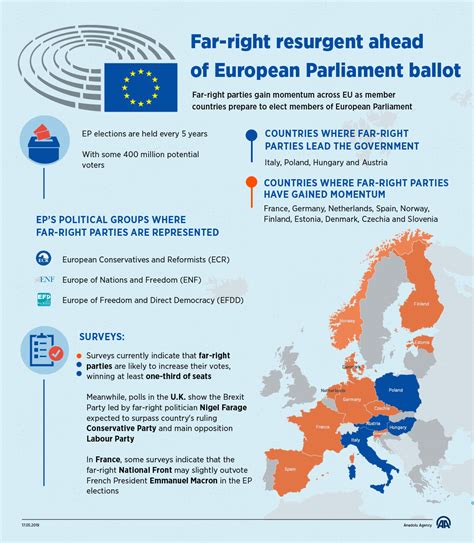European Parliament members were abuzz with anticipation as they made a crucial decision on a brisk Wednesday morning in Strasbourg. The news had spread like wildfire through the hallowed halls of the EU institutions – a delegation was set to embark on a mission across the pond to Washington D.C. An opportunity to secure vital connections with their American counterparts loomed large, especially in light of what many perceived as impending challenges posed by the new Trump administration.
The delegation assembled for this diplomatic expedition included some prominent names from the centrist factions within the European Parliament – Brando Benifei, Bernd Lange, Eva Maydell, Sophie Wilmès, and David McAllister. These stalwart lawmakers were chosen to represent the Parliament and foster relationships with key figures in U.S. politics during their visit scheduled for April 9-11.
However, as preparations were underway for this significant journey, whispers of concern echoed through the corridors of power. It seemed that while these centrist representatives were gearing up for transatlantic dialogues, another group was already making waves across the ocean.
On one end of the spectrum stood the far-right factions that had often found themselves at odds with mainstream politics within the European Union. Traditionally marginalized within parliamentary proceedings, these groups saw an opportunity too good to miss and seized it with gusto. Delegations from parties such as Europe of Sovereign Nations, Patriots for Europe, and right-wing European Conservatives and Reformists had already laid down their roots in Washington D.C., establishing connections with influential players in American politics even before the ink on Trump’s inauguration documents had dried.
“We will be the main partner to work with the new administration,”
declared co-chair of ECR Patryk Jaki confidently. The momentum was building among these unconventional allies who believed they could bring about a pivotal shift in transatlantic relations by aligning themselves strategically with Trump’s vision for America.
As tensions simmered between traditional EU powerhouses like Christian Democrats, Socialists, and liberals and their far-right counterparts over who would claim dominance in shaping EU-U.S. relations post-Trump inauguration day; there was an air of urgency within European Parliament circles.
Despite being viewed as a junior player in matters of foreign policy compared to its EU counterparts, Parliament possessed its own form of influence – soft power wielded through avenues like Transatlantic Legislators’ Dialogue. This forum served as a vital platform where policymakers from both sides of the Atlantic could engage in meaningful discussions about shared interests and concerns.
“Many people in Congress are convinced relations with the EU are very important,”
affirmed Benifei enthusiastically as he emphasized parliamentary diplomacy’s role in influencing U.S. policy decisions that would impact Brussels directly. The stakes were high for maintaining open channels of communication between Brussels and Washington amidst shifting political landscapes on both sides.
While far-right elements sought to leverage their newfound clout on international platforms like never before, seasoned politicians like Manfred Weber stressed reengagement efforts with American counterparts after years of relative neglect from EU leadership circles.

